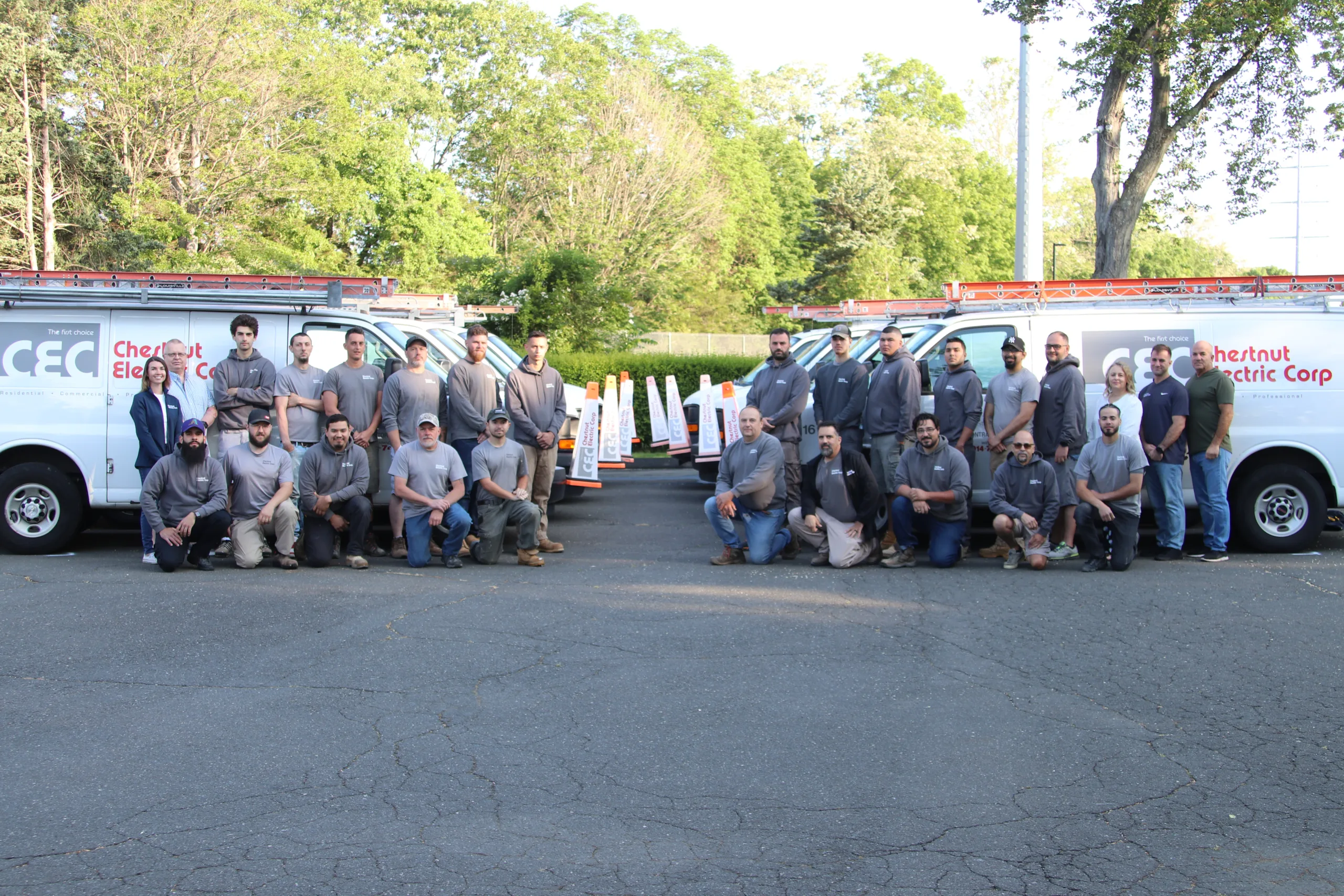How to Save Money on Your Electric Bill in Connecticut
Connecticut residents are no strangers to high utility costs, especially when it comes to electricity. With rising energy rates, finding ways to lower your electric bill is more important than ever. Thankfully, there are practical strategies you can implement to reduce energy consumption and save money without sacrificing comfort. Here’s a guide to help Connecticut homeowners slash their electric bills effectively.
1. Upgrade to Energy-Efficient Appliances
Older appliances often use significantly more electricity than newer, energy-efficient models. Look for appliances with the ENERGY STAR® label, which indicates they meet strict efficiency standards set by the EPA. Common upgrades include:
- Energy-efficient refrigerators
- LED lighting fixtures
- High-efficiency washers and dryers
2. Install a Programmable or Smart Thermostat
Heating and cooling account for a large portion of energy costs. By using a smart thermostat, you can schedule temperature adjustments based on when you’re home or asleep, ensuring you’re not wasting energy. These devices can also learn your habits and optimize energy usage, saving you money year-round.
3. Seal Air Leaks and Insulate Properly
Poor insulation and air leaks in your home can lead to energy loss, forcing your heating or cooling systems to work harder. Focus on:
- Sealing gaps around windows and doors with weatherstripping
- Adding insulation to your attic and walls
- Closing fireplace dampers when not in use
4. Leverage Solar Energy
Connecticut has made significant strides in solar energy adoption. Many homeowners are taking advantage of solar panel incentives and tax credits offered by the state. Installing solar panels can drastically reduce or even eliminate your electric bill over time.
5. Switch to LED Lighting
LED bulbs use about 75% less energy than incandescent bulbs and last up to 25 times longer. By replacing your old bulbs with LEDs, you can see an immediate drop in your electricity costs.
6. Unplug Unused Devices
Many devices continue to draw power even when turned off. This “phantom power” can add up over time. Use power strips to easily turn off multiple devices at once, or unplug items like chargers, televisions, and small appliances when not in use.
7. Optimize Your Heating and Cooling Systems
- Schedule regular maintenance for your HVAC system to keep it running efficiently.
- Replace air filters every 1–3 months to improve airflow.
- Consider installing a ceiling fan, which can help circulate warm or cool air, reducing the load on your heating or cooling system.
8. Take Advantage of Time-of-Use Rates
Some Connecticut utility providers offer time-of-use rates, where electricity costs less during off-peak hours. Running your dishwasher, laundry, or other energy-intensive appliances during these times can save you money.
9. Perform a Home Energy Audit
Many utility companies in Connecticut, such as Eversource and United Illuminating, offer home energy audits to identify areas of energy waste. These audits often come with recommendations and rebates for energy-efficient upgrades.
10. Use Energy-Saving Settings on Electronics
Most modern appliances and devices have energy-saving modes. Activate these settings on your TV, computer, and other electronics to reduce their energy consumption.
11. Install a Solar Water Heater
Heating water can be expensive, but a solar water heater uses renewable energy to get the job done efficiently. While the initial cost may be higher, the long-term savings can be substantial.
12. Monitor Your Energy Usage
Many Connecticut utility companies offer tools to track your energy usage. By understanding your patterns, you can identify opportunities to cut back, like reducing the time you leave lights on or adjusting your thermostat.
13. Invest in Energy-Efficient Windows
Replacing single-pane windows with energy-efficient double-pane windows can prevent heat loss in the winter and keep your home cool in the summer. This upgrade not only lowers your electric bill but also improves overall comfort.
14. Reduce Water Heating Costs
- Lower the thermostat on your water heater to 120°F.
- Install low-flow showerheads and faucet aerators.
- Insulate your water heater and pipes to reduce heat loss.
15. Participate in State and Federal Incentive Programs
Connecticut residents can take advantage of several programs aimed at promoting energy efficiency. The Home Energy Solutions (HES) program offers rebates and incentives for weatherization, energy-efficient heating systems, and more.
Start Saving Today
By incorporating these energy-saving tips, Connecticut homeowners can take control of their electric bills and reduce monthly expenses. Whether you make small adjustments like switching to LED bulbs or take on larger projects like installing solar panels, every effort counts. Start implementing these strategies today, and watch your savings grow while contributing to a more sustainable future!

